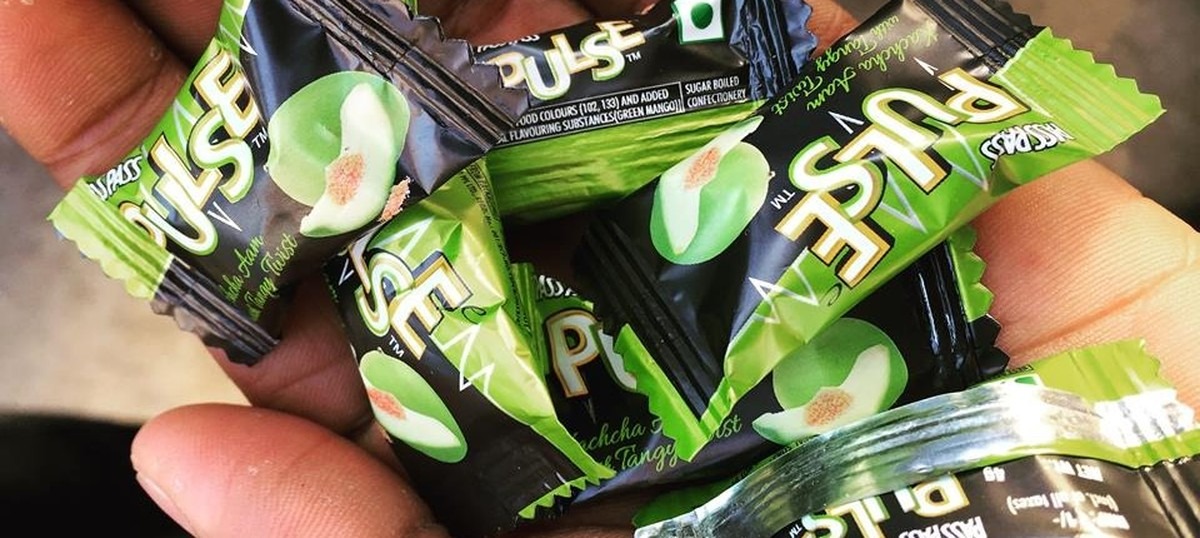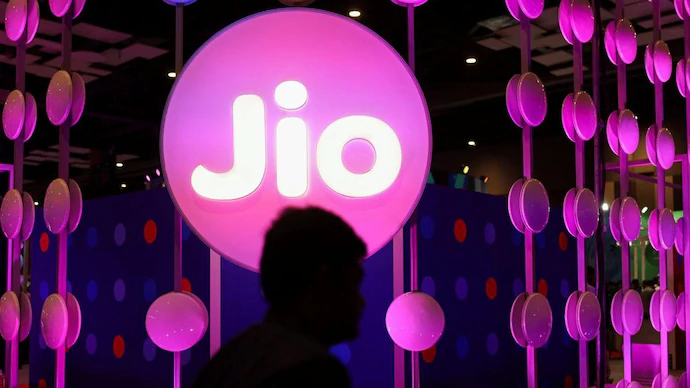How Pulse Candy Became India's Unofficial Currency
- ByAakriti Garg
- 30 Jan, 2025
- 0 Comments
- 2

Pulse candy, a beloved sweet treat in India, holds a unique and somewhat humorous place in the country's culture. While not officially recognized as currency, it has emerged as a form of "unofficial" currency in many rural and semi-urban areas, often used in small transactions, bartering, and even as a token of goodwill.
The origins of this trend date back to the 1990s when the Indian economy was undergoing significant changes, and access to cash in rural pockets was often limited. In many parts of India, especially in villages and remote towns, pulse candy began to fill the gap where actual currency was sparse. It was small, inexpensive, and loved by both children and adults, making it a highly desirable commodity.
Pulse candy became a symbol of exchange, especially in small-scale transactions. In places where people didn't have the change for small purchases, they would offer pulse candies in lieu of coins. For example, shopkeepers, vegetable vendors, and even public transport operators would accept pulse candies in exchange for goods and services. It became an easy way to trade, especially when daily needs were minimal and the cost of living was low.
The sweet and sour taste of pulse also made it a currency of convenience. It wasn’t just practical but had an emotional appeal-it was something that people could enjoy while making transactions. In many ways, the candy was symbolic of the informal economy that exists alongside the formal one in India, where a strong sense of community and barter systems still thrive.
Though it’s not used as an official means of exchange anymore, the story of pulse candy as an unofficial currency showcases the adaptability and creativity of people when it comes to meeting their needs in a cash-scarce environment.
Post a comment
Motherhood Rewarded: Karelia’s Financial Plan for Young Moms
- 09 Jan, 2025
- 5
Is Ola joining the 10-minute delivery race?
- 20 Dec, 2024
- 2
72 Days of No Recharge Worries – Get Jio’s ₹749...
- 25 Apr, 2025
- 2
Meme marketing giant, WLDD buys ScoopWhoop!
- 24 Feb, 2025
- 2
A big shake-up is coming to Tata Motors.
- 05 May, 2025
- 3
Categories
Recent News
Daily Newsletter
Get all the top stories from Blogs to keep track.

















